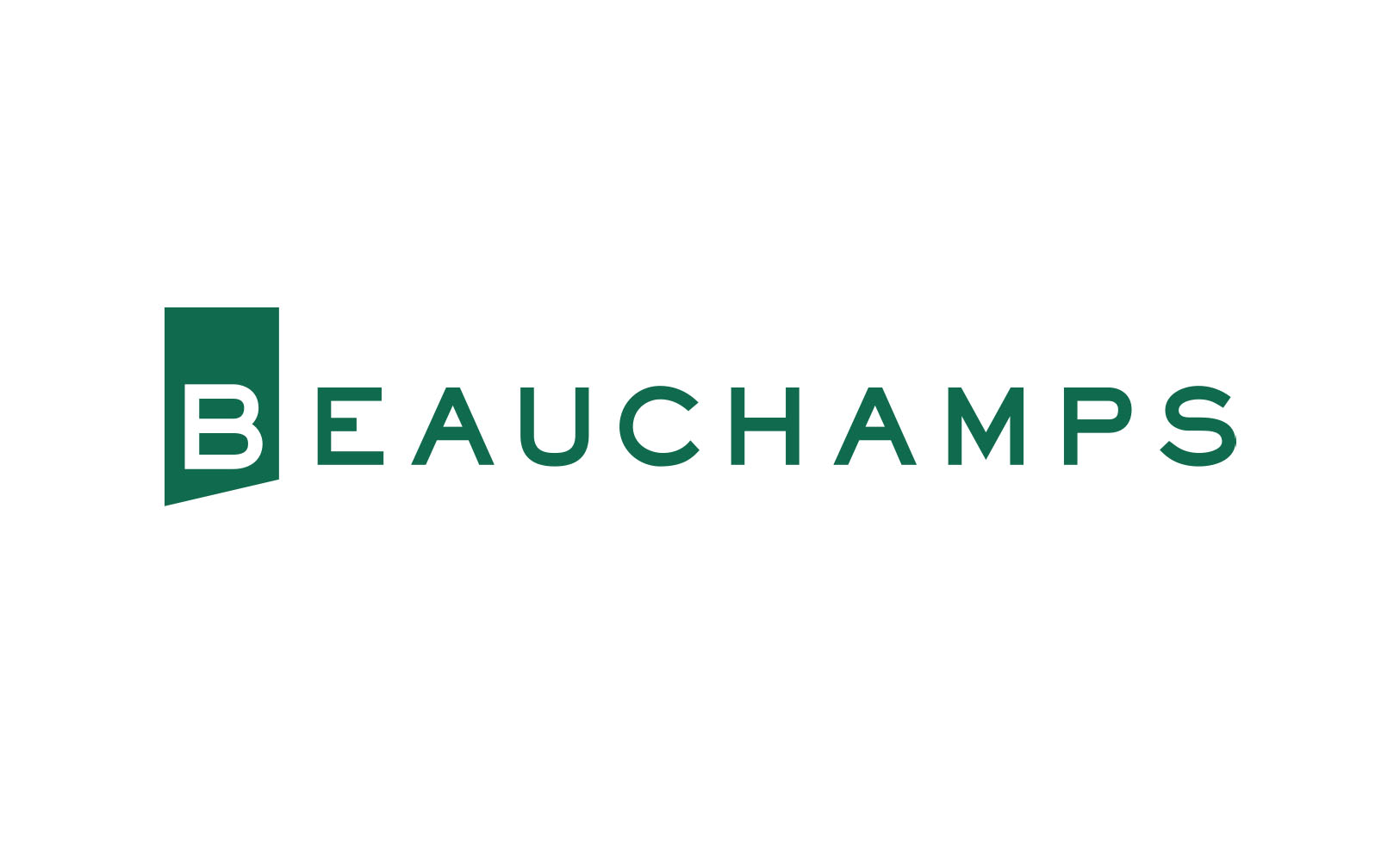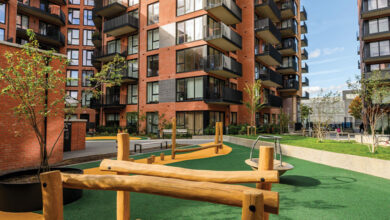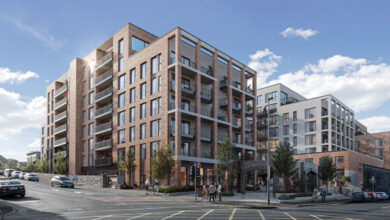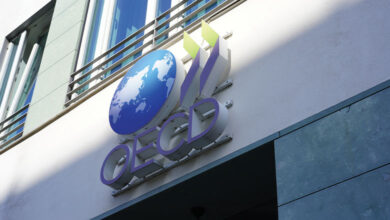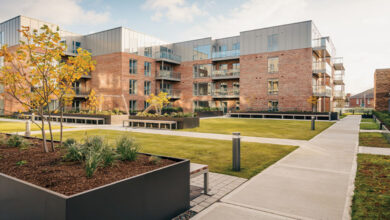Making housing more accessible

In recent years, Ireland has taken significant steps to improve access to affordable housing through a range of innovative schemes initially introduced under the Affordable Housing Act 2021. Together, these initiatives, the Affordable for Sale Housing Scheme, the Cost Rental Housing Scheme and the Secure Tenancy Affordable Rental (STAR) Investment Scheme, are reshaping how homes are delivered, owned, and rented across the country, writes Caoimhe Banks, partner, and Ailsa Crombie, associate of Beauchamps commercial real estate: housing department.
Opening the door to homeownership
The Affordable for Sale Housing Scheme, also known as the Local Authority Affordable Purchase Scheme, was introduced to allow homeownership to become more achievable for moderate-income purchasers by addressing the ‘affordability gap’ faced by those who earn too much to qualify for social housing but not enough to secure a mortgage for a market rate property.
Under this scheme, newly built homes are sold by local authorities at a reduced purchase price to eligible purchasers. The local authority takes an equity share in the property that is equivalent to the difference between the open market value and the reduced purchase price. The equity share remains in place for up to 40 years or until the purchaser elects to ‘buy out’ the equity.
To qualify for the scheme, a purchaser must be either a first-time buyer or qualify under the ‘fresh start’ principle, and their ‘purchasing power’ (calculated by multiplying the purchaser’s gross annual income by 4) must be less than 85.5 per cent of the open market value of the affordable home or they must have proof from a bank or financial institution that it is not possible to obtain a mortgage for 85.5 per cent of the market value of the property.
To the end of June 2025, over 1,950 local authority affordable purchase homes have been delivered including 224 in Q2 2025 alone. A further 5,150 homes have been approved for funding and delivery as of October 2025.
Cost rental housing scheme
Cost rental housing represents a new type of housing tenure in Ireland. The concept is designed for those who earn above the threshold to qualify for social housing but struggle to afford private rent. This model bases rent on cost recovery rather than on market value.
Rents under the Cost Rental Housing Scheme must be at least 25 per cent below prevailing market rents, offering long-term stability and security for tenants, and providing an affordable and sustainable alternative to the private rental market.
Since August 2025, eligibility for cost rental homes extends to purchasers with net annual incomes up to €66,000 in Dublin and €59,000 elsewhere (an increase from the previous single limit of €53,000), reflecting the scheme’s focus on moderate-income earners struggling with rental costs.
Homes under this scheme have been delivered to date by approved housing bodies (AHBs) and the Land Development Agency (LDA). The Government’s ambition is to deliver 18,000 cost rental homes by 2030, signalling a strong long-term commitment to affordable rental housing.
Since the launch of the scheme, over 4,500 cost rental homes have been made available including 554 in Q2 2025 with approval for a further 5,065 homes for delivery by the end of 2027. These figures serve to highlight the impressive work being undertaken by AHBs and the LDA in ensuring delivery meets the projections of government policy.
The STAR scheme
The Secure Tenancy Affordable Rental (STAR) Investment Scheme, announced in July 2023, is a state-backed equity investment programme supporting the delivery of cost rental homes. With up to €750 million in funding allocated, STAR aims to deliver at least 4,000 cost rental homes by 2027.
Under STAR, the State provides equity investment to private developers, and AHBs, in exchange for designating homes as cost rental for a minimum of 50 years. The investment limits are up to €175,000 per unit in Dublin and €150,000 per unit elsewhere, with a sustainability uplift of up to €25,000. There is no interest or return payable to the State during the 50-year term unless the property owner breaches the terms of the agreement.
At the end of the 50 year period, there will be three options for operators:
- to extend the agreement for an agreed period;
- to make a repayment to the State, together with an uplift if the asset has increased in value and exit cost rental designation; or
- the State may exercise an option to purchase the properties from the operator for market value.
The scheme is time limited and subject to a ‘sunset clause’, which means that all properties in receipt of investment must be completed no later than two years after the commencement date or by 31 December 2027, whichever comes first, to ensure that there is a clear focus on delivery.
However, uptake on the STAR scheme has been limited to date and the 2027 targets are unlikely to be met. It is hoped that changes will be made to make it more attractive to private investors and bring that much needed international capital back to Ireland.
Budget 2026
Budget 2026 has pledged over €5 billion in capital investment to housing delivery which represents one of the largest ever annual allocations in the history of the State.
A total of €1.2 billion of this capital allocation is being committed specifically to support the delivery of 7,500 affordable for sale and cost rental homes.
Importantly, Budget 2026 also outlines a corporate tax exemption on profits derived from cost rental housing in a move designed to encourage further institutional investment.
Together, the Affordable for Sale Housing Scheme and the Cost Rental Housing Scheme represent a comprehensive approach to tackling housing affordability in Ireland. With the right changes made to the STAR scheme to make it attractive to private investors, together these schemes can truly reshape how Ireland delivers homes with the core focus based on the pillars of affordability, stability and long-term access to housing.
